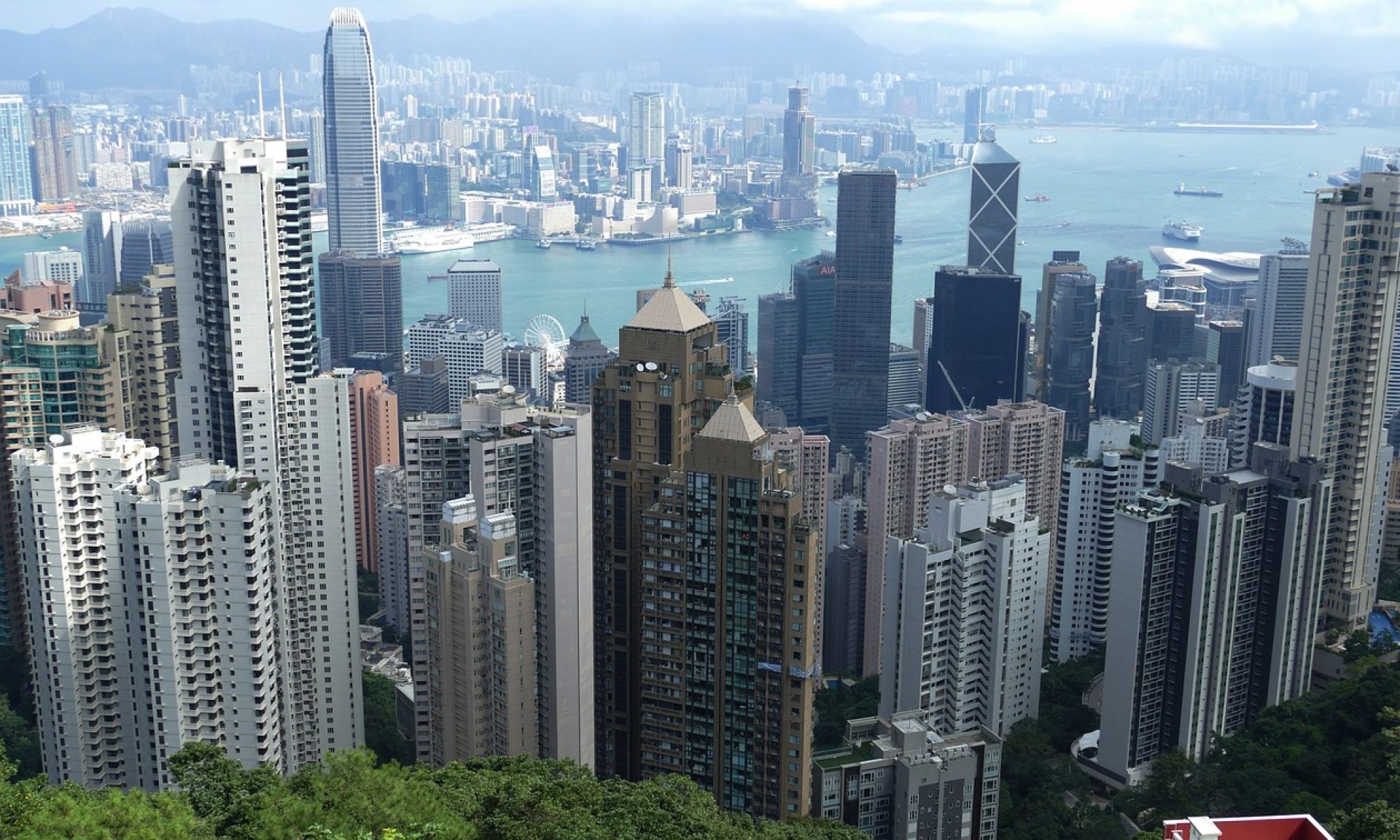Dominic Frisby discusses Sir John and Architect of Prosperity in The Scotsman in an article titled: The Scot who helped Hong Kong back from the brink.
Institute of Economic Affairs talk
Talk and good discussion about John Cowperthwaite and the role he played in Hong Kong on 2nd July 2019
IMF study notes Architect of Prosperity
The IMF have published a working paper (WP/19/74) by Reda Cherif and Fuad Hasanov called “The Return of the Policy that shall not be named: Principles of Industrial Policy”. They want to explore how to achieve high and sustained growth and look at particular at the “Asian Miracles”.
They observe that there is little support or evidence in favour of traditional industrial policy but also that there are still proponents of greater state planning. But they note that: “The example of Hong Kong illustrates well the contrasting views on what made the Asian miracles. Many argue that its success was due to free-market policies (e.g., Monnery 2017) rather than industrial policy”.
The authors suggest argue that the success of the “Asian Miracles” is based (at least in part) on a “soft” industrial policy – TIP Technology and Innovation Policy. They believe that TIP has three elements:
(i) state intervention to fix market failures that preclude the emergence of domestic producers in sophisticated industries early on, beyond the initial comparative advantage;
(ii) export orientation, in contrast to the typical failed “industrial policy” of the 1960s–1970s, which was mostly import substitution industrialization (ISI); and
(iii) the pursuit of fierce competition both abroad and domestically with strict accountability.
This obviously has very close parallels with Cowperthwaite’s policy mix.
Prof James Otteson on how honourable business helps society
Architect of Prosperity was referenced in a new book by James Otteson called “Honourable Business: A framework for business in a just and humane society” (Oxford university Press 2019). James R. Otteson is Professor of Economics and Thomas W. Smith Presidential Chair in Business Ethics at Wake Forest University. He specializes in political economy, business ethics, the history of economic thought, and political philosophy, and he is author of Adam Smith’s Marketplace of Life (2002), Actual Ethics (2006), and The End of Socialism (2014).
In Honorable Business, James R. Otteson argues that business activity can be valuable in itself. The primary purpose of honorable businesses is to create value-for all parties. They look for mutually voluntary and mutually beneficial transactions, so that all sides of any exchange benefit, leading to increasing prosperity not just for one person or for one group at the expense of others but simultaneously for everyone involved. Done correctly, honorable business is a positive-sum activity that can enable flourishing for individuals and prosperity for society.
Alberto Mingardi refers to Architect of Prosperity and Cowperthwaite
Alberto Mingardi’s new book (“La verità, vi prego, sul neoliberismo. Il poco che c’è, il tanto che manca”) argues that the populist rejection of neo-liberalism is misguided because in reality there has in fact been a reduction in the use of neo-liberal economic and social policies. Rather than further limiting markets, we need to expand them to create prosperity.
(Available in Italian)
Hannan extols Hong Kong and Cowperthwaite
In today’s Sunday Telegraph, Daniel Hannan MEP praises Hong Kong and the role played by Sir John Cowperthwaite. He notes that “nowhere else on Earth so perfectly embodies the power of free trade” and rhetorically asks “Who made it happen? An unassuming Scottish civil servant called John Cowperthwaite.”
See the full article “For an example of the power of open markets, look no further than Hong Kong” at www.telegraph.co.uk
Harvard Business School
HBS Alumni magazine features Architect of Prosperity: Sir John Cowperthwaite and the making of Hong Kong.
The Social Review Magazine
Christopher Olewicz writes in The Social Review magazine about different models for post-Brexit Britain including the “Singapore model”, the “Hong Kong model” and the need for a Labour generated “British model” too.
https://www.thesocialreview.co.uk/2018/11/21/the-british-model/
The Economic History Review
The Economic History Review (Vol 71, Issue 4) carries a review of Architect of Prosperity by Prof Peter Cunich of the University of Hong Kong.
EconTalk with Russ Roberts
Neil Monnery, author of Architect of Prosperity, talks with EconTalk host Russ Roberts about his book–a biography of John Cowperthwaite, the man often credited with the economic success of Hong Kong. Monnery describes the policies that Cowperthwaite championed and the role they played in the evolution of Hong Kong’s economy. How much those policies mattered is the focus of the conversation. Other topics include the relationship between Hong Kong and China and the irony of the challenges Hong Kong faced from U.S. and British protectionism.
http://www.econtalk.org/neil-monnery-on-hong-kong-and-the-architect-of-prosperity/
